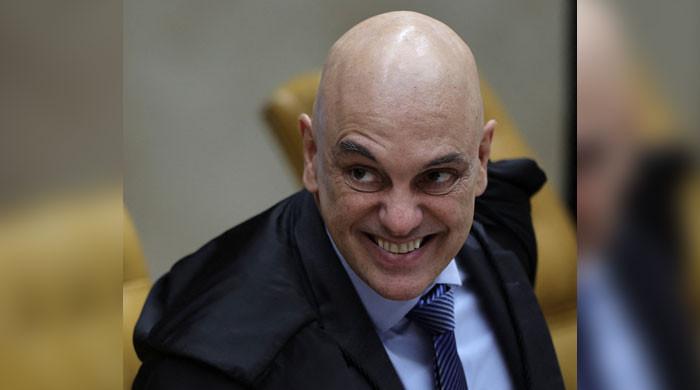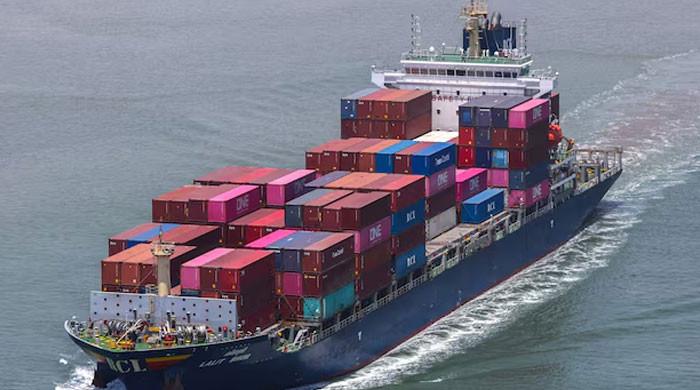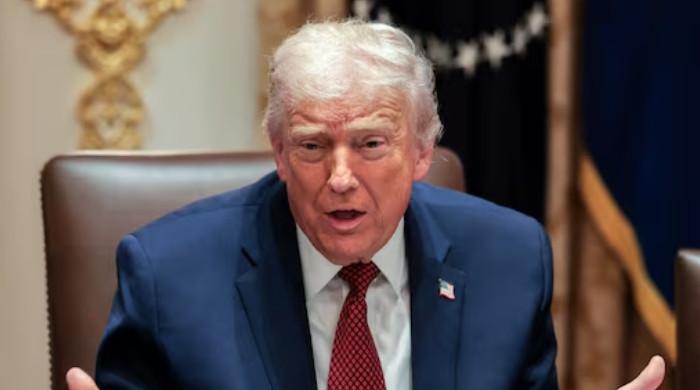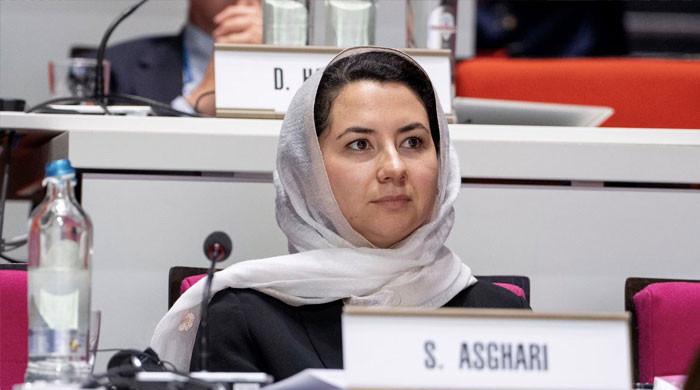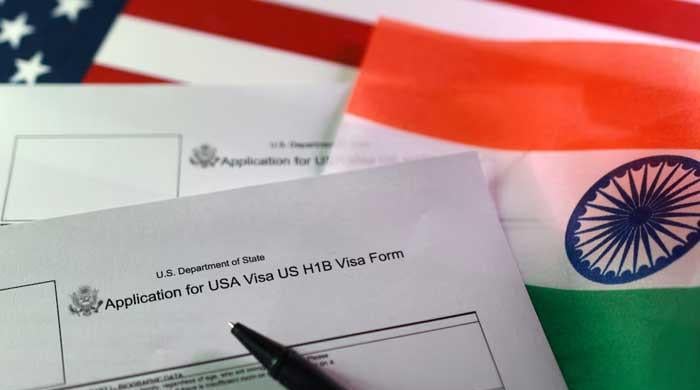Sikh nationalist leader Manmohan Singh Khalsa passes away
He played a vital role in bringing Muslims and Sikhs of UK together for their common struggles
November 27, 2017
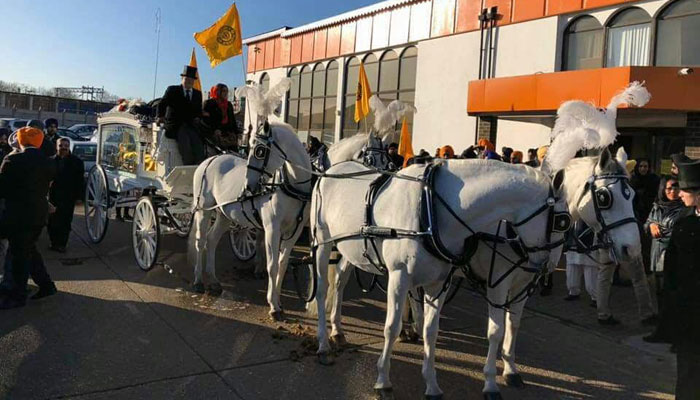
LONDON: The Sikh leader, Manmohan Singh Khalsa, who brought together Muslims and Sikhs of the UK for their common struggles, passed away this week following a long period of illness.
A well-known face and a passionate campaigner for Khalistan, a separate homeland for Sikhs, Manmohan Singh was the founding member of Dal Khalsa, a prominent Sikh group that has campaigned internationally for Khalistan.
Hundreds of mourners braved a chilly afternoon and attended his funeral over the weekend to pay tribute to his decades of service to numerous causes – in particular his commitment to the establishment of an independent Sikh state of Khalistan in Indian Punjab.
“Khalistan Zindabad” slogans were enthusiastically raised by mourners at the funeral as the late leader’s body arrived in a horse-drawn carriage with Khalistan flags on it.
A large number of Pakistanis and Indians were in attendance to bid farewell to the leader, who was also a pillar of the local community and played an active role in everyday affairs of the local community.
Manmohan Singh was forced to leave India following politically motivated charges against him over his campaigning for Sikh rights. He reached the United Kingdom in early 1980s and lived in West London as a refugee, never returning to India where he feared persecution.
From his base in West London, he became a leading advocate for the Sikh freedom struggle, working alongside other Sikh organisations. He played a vital role in bringing Muslim and Sikh groups together for their common struggles and campaigned alongside Kashmiris who demand freedom from India.
Amrik Singh Sahota, president of Council of Khalistan, as well as a host of other Sikh leaders, recalled Manmohan Singh’s endless energy and paid tribute to his unwavering commitment to the freedom struggle.
Sahota said Manmohan Singh’s work in helping set up the Pakistan Gurdwara Management Committee led to a great improvement in the maintenance and functioning of historical Sikh shrines in Pakistan, including Nankana Sahib, the birth place of Sri Guru Nanak Dev Ji.
Several Kashmiri leaders spoke highly of Manmohan Singh’s role and pledged to help set up a memorial to remember his work in Nankana Sahib.
Kashmiri campaigners expressed their admiration for the leader’s single-minded commitment to the Sikh nation’s struggle for self-determination and said he was a tireless campaigner who exposed Indian atrocities, including genocide and the suppression of minorities.
Gurcharan Singh, who worked closely with Manmohan Singh over recent years, recalled that the leader recently expressed his wish to die a rebel than to accept Hindutva rule that espoused the caste system and other concepts that are the anti-thesis of Sikh thought.
Other Sikh leaders that addressed the gathering included Joga Singh, Gurdev Singh Chohan, Kuldeep Singh Chaheru and Dr Gurdeep Singh Jagbeer. A condolence message from Gajinder Singh, another exiled Dal Khalsa founding member, was delivered by his daughter. With the hearty endorsement of the congregation, she again raised the slogan of ‘Khalistan Zindabad’.
Ranjit Singh Srai, administrative secretary of Parliamentarians for National Self Determination, told the media Manmohan Singh would have wanted Sikhs and Kashmiris to act in concert and to redouble their efforts so that internationally recognised right of self-determination could be peaceably realised in their homelands.




